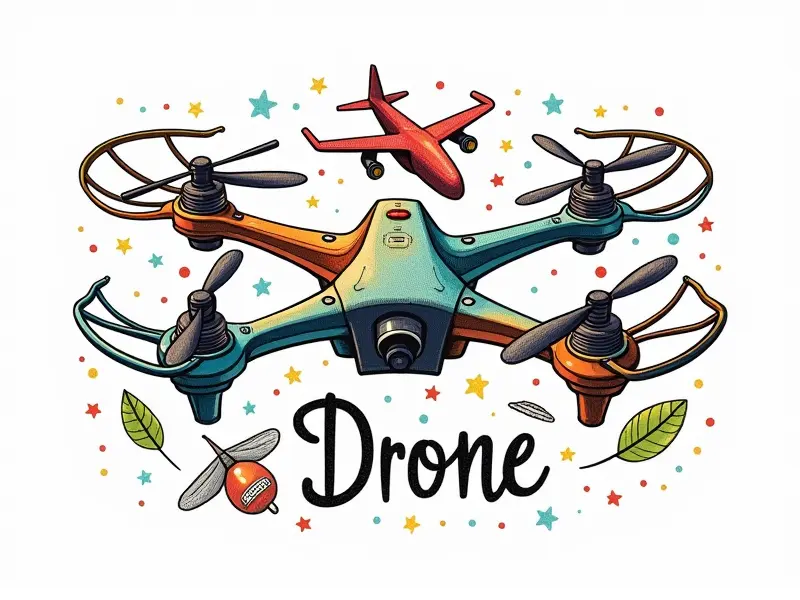Drone laws in the USA

FAA Rules for Drones Explained
The Federal Aviation Administration (FAA) is responsible for regulating drones, also known as unmanned aircraft systems (UAS), within the United States. The FAA's rules are designed to ensure safety and security while allowing individuals and businesses to utilize drone technology responsibly.
Flying Drones Legally in USA
To fly a drone legally in the US, you must comply with several regulations set forth by the FAA. These include obtaining any necessary permits or licenses, adhering to airspace restrictions, and following operational guidelines such as flying within visual line of sight.
No Fly Zones & Drone Restrictions USA
- National Parks: Drones are generally prohibited in national parks without a special use permit.
- Traffic Control Areas (TCA): Flying within 5 miles of an airport requires prior notification to the control tower.
- Military Installations: Special permission is required for drone flights near military bases.
- National Security Sites: Drones are restricted from flying over critical infrastructure and government facilities.
Privacy Laws for Drones in US
The United States does not have a federal privacy law specifically regulating drone usage. However, various state laws address privacy concerns related to drones. For instance, some states prohibit the use of drones to capture images or videos without consent.
Registering Your Drone with FAA
All drones weighing between 0.55 and 55 pounds must be registered with the FAA through the FAA UAS Registration System. This registration process is mandatory for both recreational and commercial use.
Commercial Drone Regulations USA
For commercial drone operations, pilots must obtain a Remote Pilot Certificate from the FAA. Additionally, operators are required to follow Part 107 regulations which include restrictions on flight altitude, speed, and visibility requirements.
Hobbyist Drone Laws in America
Hobbyists flying drones for personal or recreational purposes must adhere to specific guidelines including maintaining visual line of sight, avoiding restricted airspace, and complying with local ordinances. Recreational flyers are also encouraged to follow the Know Before You Fly program.
State-by-State Drone Legislation Guide
States have varying laws regarding drone usage. For example, California prohibits drones from flying over private property without consent, whereas Texas allows for limited commercial use under certain conditions. It's crucial to check your state’s specific regulations before operating a drone.
California
- No Fly Zones: Prohibited near prisons and critical infrastructure.
- Privacy Laws: Drones cannot be used for surveillance without consent.
- Commercial Use: Requires a permit from the Department of Consumer Affairs.
Texas
- No Fly Zones: Restricted near airports and military bases.
- Privacy Laws: No specific state privacy laws; federal guidelines apply.
- Commercial Use: Permits required for certain commercial activities.
Penalties for Violating Drone Laws
Violations of FAA regulations can result in civil penalties ranging from $1,100 to over $25,000 per violation. Criminal charges may also apply depending on the severity and nature of the infraction.
Upcoming Changes to US Drone Regulations
The FAA is continuously updating its regulations to accommodate advancements in drone technology and new use cases. Recent updates include modifications to Part 107 rules allowing for more flexible operations such as night flights under certain conditions.
Drone Permits and Licenses Needed
- Remote Pilot Certificate: Required for commercial drone operators.
- Special Use Permit: Necessary for flying in restricted areas like national parks or military installations.
- Airspace Authorization: May be required for flights near airports or other controlled airspace.
Conclusion
Navigating the landscape of drone laws in the USA can seem daunting, but adhering to these regulations is crucial for ensuring safe and legal operation. Whether you are a hobbyist or commercial operator, understanding the specific rules applicable to your state and situation will help you avoid penalties and enjoy all the benefits that drones have to offer.

